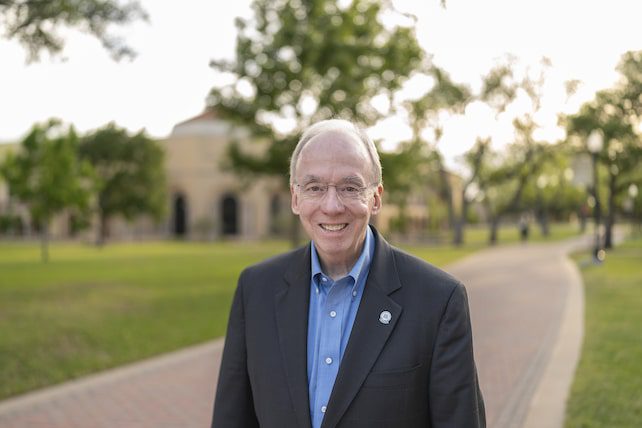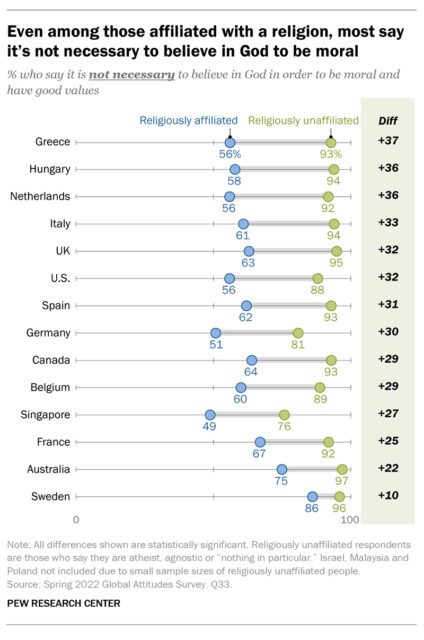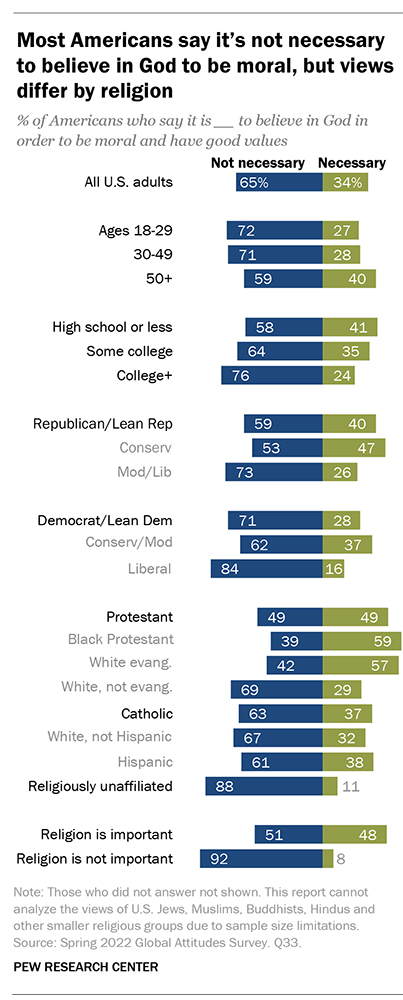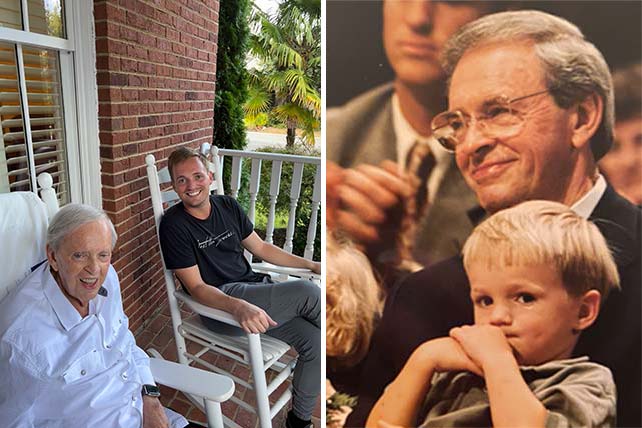Rainn Wilson, who adheres to the Baha’i Faith, spoke on a podcast this week about “Why We Need a Spiritual Revolution.” The actor, best known for portraying Dwight Schrute on “The Office,” is publicizing his new book “Soul Boom,” which releases April 25.
Wilson, who has spoken out against anti-Christian bias in Hollywood, appeared on The Bible for Normal People, hosted by Pete Enns and Jared Byas. During the conversation, Wilson spoke about spiritual virtues, a twofold moral path, his view of Jesus, and the need to have inner peace while also going out to serve others.
Rainn Wilson: Jesus Offers ‘Sneak Peek of God’
For Rainn Wilson, faith has been “a long, hard, difficult spiritual struggle and path.” He describes having a “tangible experience of the sacred” while on a “high pilgrimage to the Baha’i Holy Land in Haifa, Israel.” Wilson, who admits having more questions than answers, said everyone has “qualities of the divine…within us.” Because “God is unknowable,” he added, “we have great spiritual teachers like Jesus, to show us a hint, a sneak peek of God, as it were.”
As part of “our divine spiritual imperative,” Wilson said people must “seek to emulate what Jesus actually did in his life [and] what the Buddha did in his life, which was to build community and to create peace, compassion, and increased love, everywhere we go.”
Key parts of Wilson’s “spiritual path” include using his gifts, enjoying nature as a sacred space, and directly serving others. (He and his wife have a nonprofit in Haiti.) The actor and author also focuses on fostering joy, no matter the circumstances. “You can be feeling like crap, and you can still spread joy,” he said, calling that “maybe the greatest act of service.”
Spiritual Revolution According to Rainn Wilson
In his new book, Wilson presents seven pillars of spiritual revolution. One involves squashing cynicism, keeping hope alive, and “bringing light to the world.” Another involves using grassroots efforts. “That’s how Jesus started,” he said, noting how Christ called and interacted with fishermen, working folks, and prostitutes.
The early church—before it became institutionalized about A.D. 300—is the greatest example of spiritual revolution, according to Wilson. “For the first time in human history, you had meetings with people of all different races, and all different classes and different genders, all together, were sharing a common purpose, which was remembrance of the Father, and remembrance of the Son,” he said.































